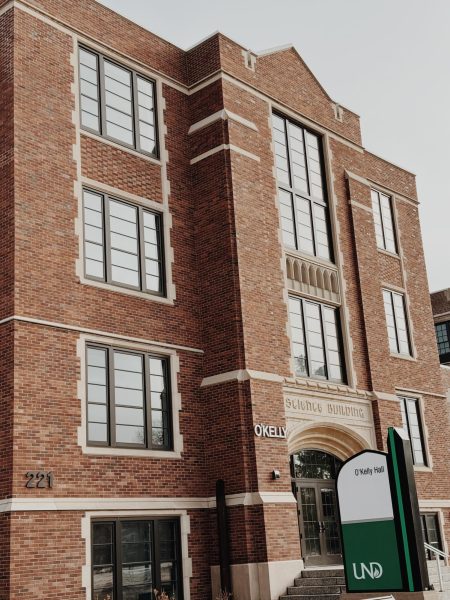The Glamorization of Overworking
November 30, 2020
With the end of the semester nearing, students are buckling down for final exams. If you eavesdropped on a conversation amongst college students, one might hear, “I was up all night studying”, “I had five cups of coffee yesterday”, and “I spent the entire day in the library”. As academic pressure rises, students start to glamorize overworking. Students express what they sacrifice for their studies, with pride. Working a full-time job on top of college courses is praised. Lack of sleep, socialization, and relaxation are twisted into accomplishments and lead directly to full-body burnout.
Growing up, humans are trained into thinking that you earn what you work for, successful people work the hardest, and a culture of permanent hustle is admired. Romanticizing hard work has gone too far where students are jeopardizing their mental health in order to sound productive to their peers. Phrases like “I slept in today”, or “I took a nap today”, can quickly label someone as lazy because many people forget that a day that included a nap, can still be considered a productive day.
Stanford research, as well as many other studies, prove that overworking can decrease productivity. As soon as long hours of endless working are planned, efficiency drops. Students that go to the library with the intent to stay for six hours until they accomplish everything, actually get less work done than students who sporadically sit down and do two hours of work. The mind cannot be physically engaged for such long periods with no change of goals or motivation. The brain also requires frequent breaks and changes in location to be able to focally function.
Many students choose to glamorize overworking because they associate it with their personal identity. Being donned a “hard worker” is reputable and admired. It brings a sense of purpose and security. Overworking is also associated with student expectations. Misleading stereotypes of successful students may lead a student to feel guilty about spending time with their friends when they are not ahead on schoolwork or going out to dinner the evening before an exam. Unwritten rules have warped the minds of students into believing that to be an honorary student, overworking is required.
Students can break the toxic overworking cycle by adjusting their expectations and allowing themselves to adopt new habits. One of the largest culprits of overworking is succumbing to unrealistic expectations. Often, studying at two in the morning the night before the exam isn’t going to significantly impact the grade. Students need to accept that sometimes, sleep is more beneficial. Some students use planners to keep track of their academic commitments but being stricter with planning can actually offer more time freedom in retrospect. Penciling in lunch breaks, social time, personal hobby, or relaxation time can remind students to take a break and not skip these activities.
The key to eliminating overworking tendencies is defining priorities, including those that are not specifically goal–driven. A more productive and freer lifestyle is worth the change because the glamorization of overworking is not to be applauded.
Brooke Kruger is a Dakota Student Opinion Writer. She can be reached at [email protected]












